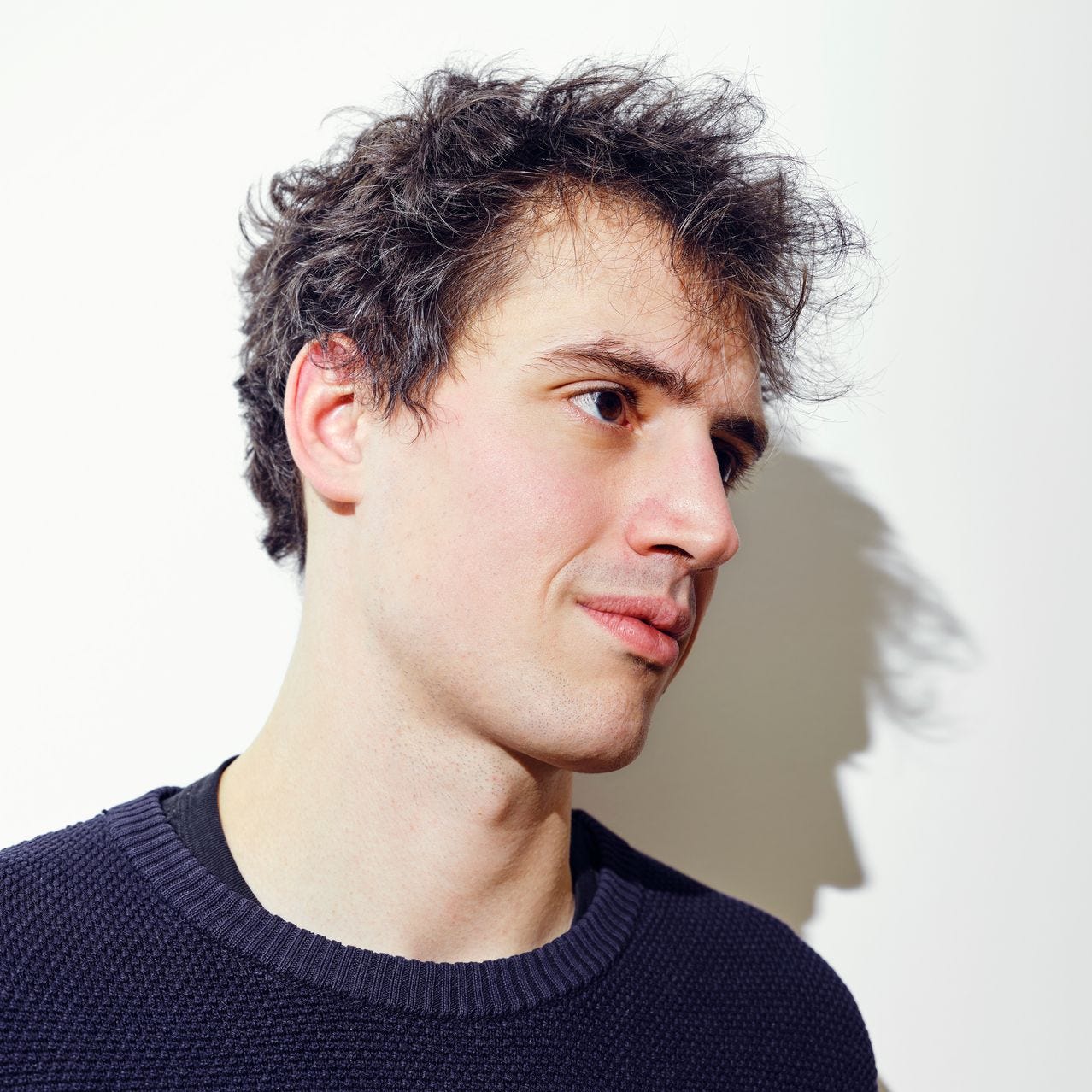AI: Mistral, a strong AI wind from France
...many more 'Sovereign AI' companies to come
Winning sustainable advantage in the multi-billion dollar global AI Tech Wave race is not just a matter of perceived survival for companies, but also countries. The winds of AI change are blowing across countries, and Europe has a favored AI son in startup Mistral, named for a strong wind that blows from France.
Mistral in a short time, has taken on the national AI poster boy status. As the WSJ outlines in their profile piece on its founder/CEO “The 9-Month-Old AI Startup Challenging Silicon Valley’s Giants”:
“Microsoft announces partnership with Paris-based Mistral, led by 31-year-old CEO Arthur Mensch”
“This time last year, Arthur Mensch was 30, still employed at a Google unit here, and artificial intelligence had just started to take off in the public consciousness as something more than science fiction.
Since then, so-called generative AI that can converse—and possibly reason—like humans has become the most talked-about technology breakthrough in decades. And the startup Mensch left Google to launch, now all of nine months old, is valued at slightly more than $2 billion.”
The company with founders from Google, Meta and other US big tech companies is racing to invent a better foundation LLM AI, with more open source leanings, than its bigger competitors (with Meta as an exception, which also leans open source). As the WSJ continues to explain:
“The velocity of change reflects the frenzy—and fear—that surrounds the efforts to build and commercialize advanced AI systems.”
“Mensch’s startup, called Mistral AI, is challenging the conventional wisdom that the winners of the AI race will emerge from among the tech industry’s U.S. giants. Mensch, who founded the company with two engineering-school friends, doesn’t think enormous scale is essential—or that the U.S. will necessarily dominate.”
“I’ve always regretted that there was no Big Tech in Europe,” Mensch, 31, said at Mistral AI’s Paris office. “I think this is our chance to become one.”
“Why it matters: Mistral is much younger than OpenAI, yet the French company's top model already rivals GPT-4's performance in accuracy and common sense reasoning.”
“Mistral is also staking out a new position in the debate over open vs. closed AI models by releasing both types — and it has already attracted antitrust scrutiny.”
“Driving the news: In the past week, Mistral launched its Mistral Large model, which now ranks second only to GPT-4 in several industry benchmarks.”
“In addition to the Microsoft deal, under which Mistral made its models available to Azure cloud customers while giving the giant a small stake, Mistral also has a deal with Amazon, making it the seventh foundation model developer available to Amazon Bedrock customers.”
“Mistral also launched Le Chat, a chatbot that's "multilingual by design."
Both the pieces on Mistral above are worth reading in full.
The AI race now involves the national egos of countries large and small.
As Nvidia founder/CEO was quoted in the WSJ after their stellar results:
““Demand is surging worldwide across companies, industries and nations,” he said.”
And as I added back then:
“That last sentence tells you all about the TAM (total addressable market that investment types focus on), that you’d want to know. It’s the mother of all TAMs.
With no end in sight.”
The race for what I call ‘Sovereign AI’ companies, either state owned or state supported is on globally. They’re often founded and staffed with experienced folks from US AI companies large and small. It’s a trend likely to accelerate.
Countries around the world, from the Middle East to China, India to other nations in Asia, Europe and elsewhere are putting their fingers on the scale to tip the AI advantage to their favored home-grown companies. Mistral is one of the many strong winds in AI to come from many more countries. Stay tuned.
(NOTE: The discussions here are for information purposes only, and not meant as investment advice at any time. Thanks for joining us here)




